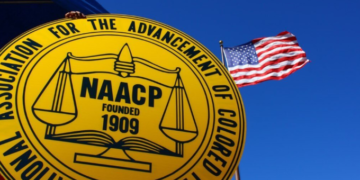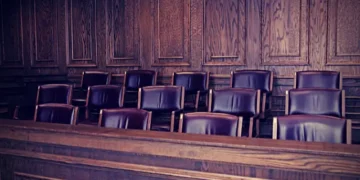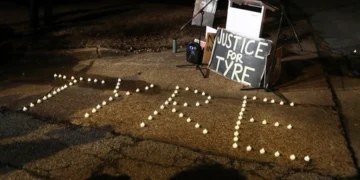Jan 7, 2025 Story by: Editor
Attorneys representing a South Carolina man scheduled for execution on Friday have filed an emergency request with the U.S. Supreme Court, asking for a stay of execution.
Richard Moore is set to be executed by lethal injection on November 1 at the Broad River Correctional Institution in Columbia, South Carolina. Moore was convicted of the 1999 murder of store clerk James Mahoney during a botched armed robbery.
Sentenced to death in 2001, Moore currently has an active claim before the Supreme Court, arguing that prosecutors deliberately excluded all potential Black jurors from serving on his case. He has petitioned the court to delay his execution while the justices review his claim, which asserts that prosecutors used peremptory strikes to eliminate Black jurors, securing an all-white or nearly all-white jury.
“An all-white jury, especially one where all qualified Black prospective jurors were removed by the State, casts serious doubt on the integrity of a capital trial and undermines the public confidence in the criminal justice system,” Moore’s attorneys, Lindsey Vann and John Blume, wrote in their filing.
In jury selection, both defense and prosecution attorneys have the ability to dismiss jurors without needing to provide a reason. However, the U.S. Supreme Court’s 1986 Batson v. Kentucky ruling prohibits jurors from being struck solely on racial grounds.
Experts note, however, that while Batson protections are in place, they are limited. As long as a lawyer can present a “race-neutral” explanation for removing a juror, the court is likely to accept it, says Stephen Bright, a professor at Yale Law School and former director of the Southern Center for Human Rights, who has argued death penalty cases before the Supreme Court.
During Moore’s 2001 trial, Spartanburg Solicitor Trey Gowdy dismissed two qualified Black jurors. When Moore’s defense team challenged these strikes in what is known as a “Batson claim,” the reasons given by Gowdy for striking the jurors could have equally applied to white jurors, according to Moore’s attorneys.
Judge Gary Clary, however, ruled against Moore’s defense, determining that the reasons for striking the jurors were sufficiently race-neutral. As a result, the jury that convicted Moore was either all-white or nearly all-white, with one juror being described as Hispanic in some documents and white in others.
If carried out, Moore’s execution will mark the second in South Carolina since 2011, when executions were halted due to a shortage of lethal injection drugs. Source: Yahoo News

















